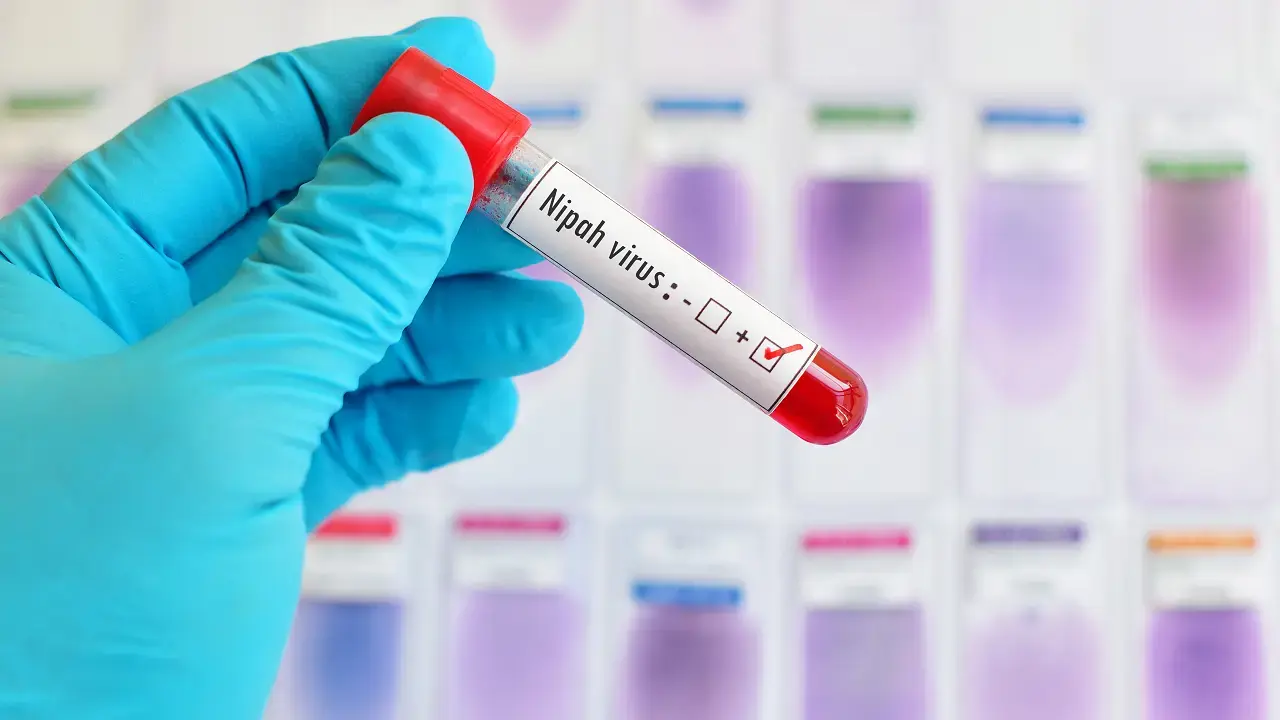Kumar Siddhartha, Pune
On Sunday, a 14-year-old boy died after getting infected with Nipah Virus infection in Kerala, Malappuram. He died at 11:30 in the morning.
“He experienced a Heart Attack at 10:50 on Sunday morning and all the attempts to resuscitate him turned to failure”, said Veena George. National Institute of Virology in Pune has also confirmed the presence of the virus in him. As per the state health minister there are around 60 people who are recognized as being on the high-risk of having this disease.
After the reported death due to the Nipah Virus, the Center issued an advisory about the public health measures that should be immediately followed by the state government.
1. Active search for the cases in the family of affected patients, their neighborhood and similar areas.
2. Active contacts tracing back to the last 12 days.
3. Strict quarantines for the contacts of the case and also of any other suspects.
4. Collection as well as transportation of the samples for lab testing.
Besides this, the health ministry has also issued an advisory for the people of the state, stating that they should wear masks in public and refrain from visiting people in the hospital.
Nipah virus is a zoonotic virus as described by the World Health Organization (WHO), which means that the virus is transferred from animal to human contact. The most common reservoir of the virus is Fruit bats and usually, humans become infected by accidentally consuming the fruits that are contaminated by these bats. When the first outbreak was recorded in Malaysia and Singapore, the people were affected due to direct contact with sick pigs or their tissues. WHO said that transmission must have occurred from the unprotected exposure of the pig’s secretion or unprotected contact with the tissue of a sick animal.
People who are affected by the virus suffer from a range of different illnesses, initial symptoms include fever, headache, muscle pain, vomiting and sore throat, which later be followed by dizziness, altered consciousness, drowsiness and neurological signs indicating acute encephalitis. A few people might experience respiratory problems which include acute respiratory distress and also atypical pneumonia.
